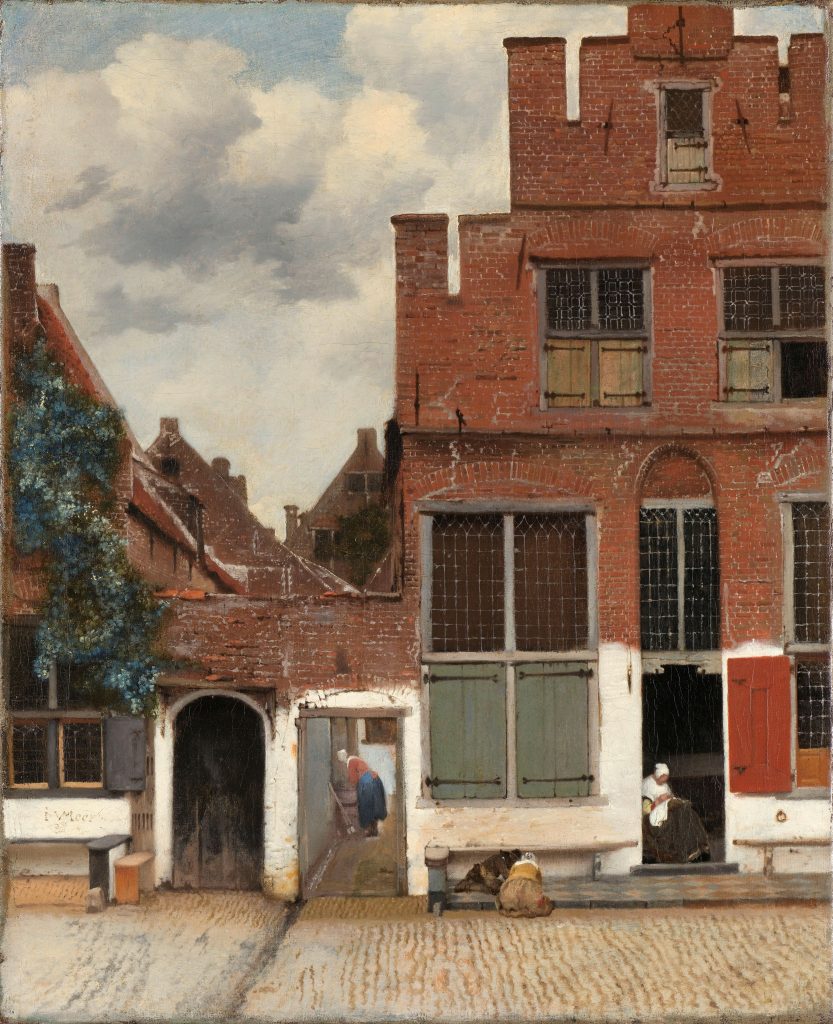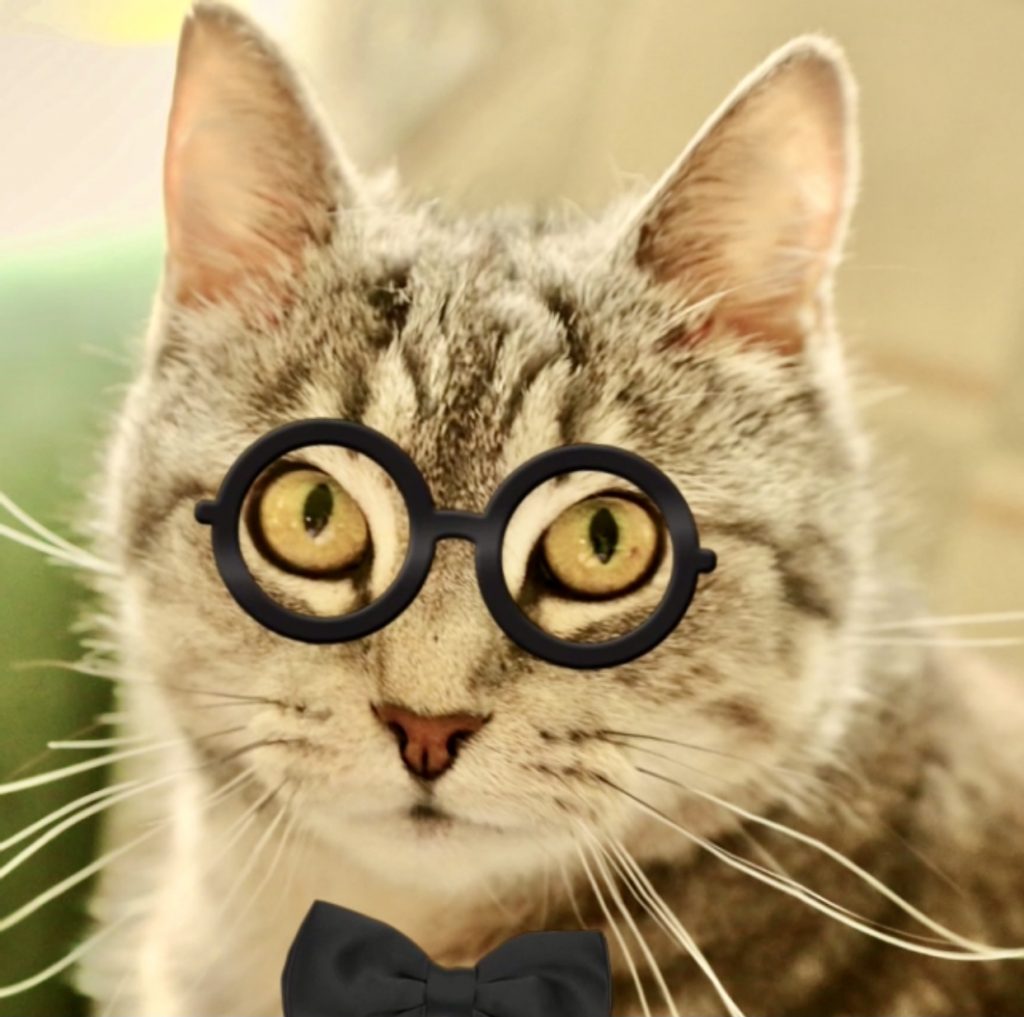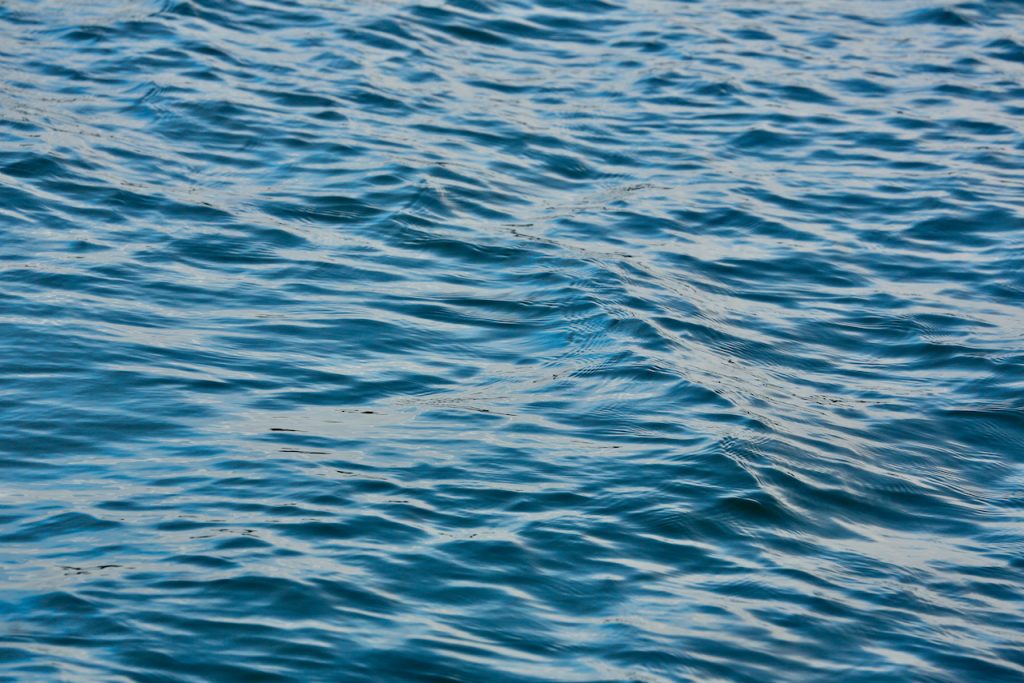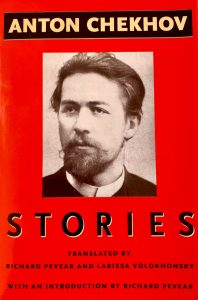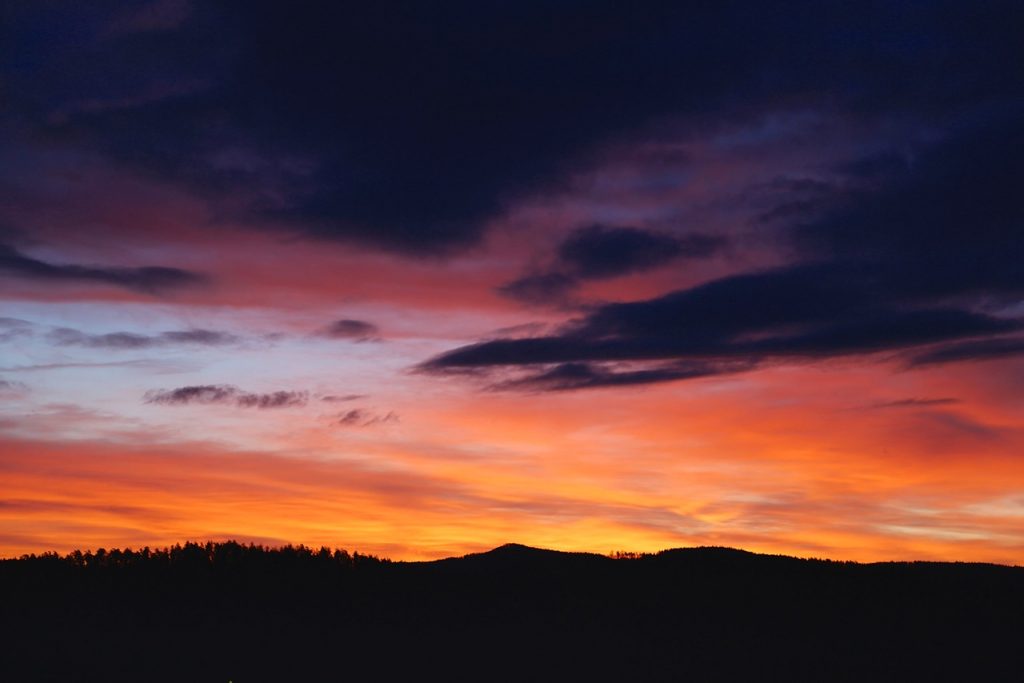Let’s have a book quiz, shall we? The only thing better than reading books is talking about books. Books = Life as everybody knows.
The Big Book Quiz Part 1
- Do you prefer reading old-fashioned books or e-books?
Tough question. A few years ago, I would have answered “real books”, but I admit that I prefer e-books nowadays. Why? For several reasons:
a) They’re cheaper. Swedish e-books are, in general, more expensive than paper books (and Swedish publishers are complaining e-books don’t sell!), but I buy them through the US Kindle store; thank God for deals of the day! I buy so many books that I can’t afford to buy hardcovers at full price.
The only exception is the annual book sale, a big thing in Sweden. All bookstores (including online) would offer discounted books, starting the last Tuesday in February (prettily timed to around the 25th when the monthly salaries are paid out in Sweden) and until the beginning of March. Heaven for book lovers. Then I would load my book bag with hard-covers.

b) They don’t take up any room. I have a library room, and it’s crammed with books, obviously. There are books in every room of the house, except the guest toilet. That last bastion will fall, too, eventually. If you have as many books as I have (we’re talking several thousand), you appreciate anything not requiring more storage space.
c) They’re portable. Nowadays, this is not an issue anymore, since we’re not traveling anywhere because of the pandemic.
But back in the golden days, pre-Covid-19, when the only travel annoyance was the safety checks or flight delays, I would always bring at least a couple of books with me.
In fact, one of my fears was that I would run out of reading material during the trip. I would read while waiting at the gate, during boarding, during the flight, and at the hotel before going to bed. You cannot imagine how many books I would need for a longer trip! Some people are terrified of flying. Me? Running out of reading material.
To say nothing about the weight or bringing the “wrong” book, you know, when you feel like reading a science-fiction novel, and all you have is a biography.
Enter e-books. Suddenly, I didn’t have to worry about luggage weight, running out of books to read, or bringing the wrong books.
d) They’re not set in stone; or paper, rather. I love being able to customize the page color, font type, and size. I wear glasses, and I appreciate everything that helps my eyes, like larger fonts.
To cut a long story short, e-books are practical for several reasons. But I do miss being able to argue with the writer on the margins (I know you can add comments in e-books, but it’s just not the same), leafing through the pages to see what my old me commented on, or that unmistakable smell of a freshly bought book. Oh well, February 25th is almost here.

- Paperback or hard-cover?
Another tough question. A few years ago, it would have been hard-covers; they feel luxurious, like books should. But nowadays, I’m more for convenience (age may have something to do with it). Paperbacks are smaller, take up less room, and are more pleasant to hold when reading.
- Genre or Nobel Prize winner?
Both. A good book is a good book, period. There’s this misconception that genre books are somehow the lesser literature. I don’t buy that. Good quality genre books are good books; forget the “genre.” Publishers and booksellers invented genres to help them sell books.
- Do you finish reading a bad book or do you abandon it?
I struggled with this my whole life; I couldn’t NOT finish a book, no matter how bad or boring it was. I would feel guilty because that poor author had worked so hard to write a book, and I, the reader, simply discarded that effort. I felt the author’s eyes drilling on my back, truly I did.
I’m happy to report that I realized eventually that I couldn’t continue that way. You know, so many books, so little time … Nowadays, I curate my reading carefully; it’s not often I have to abandon reading a book. But if I have to do it, I’m quick and remorseless about it.
- Do you read translations or original language?
An easy one. Original for the languages I speak (Romanian, Swedish, English, French), translation for the rest. I don’t count German here, although I’ve taken it for eight years at school and can manage some light reading.
Related Posts
- A Highly Personal List Of Best Dystopian Novels
- The Best Books I Read in 2020
- Ray Bradbury’s Writing Advice For Writers To Be
- An End-Of-The-World Book At Night
- Reading Lately: Three Books on Art, Artists, and Life
If you liked this post, share it on your preferred social network or forward it to a friend.


